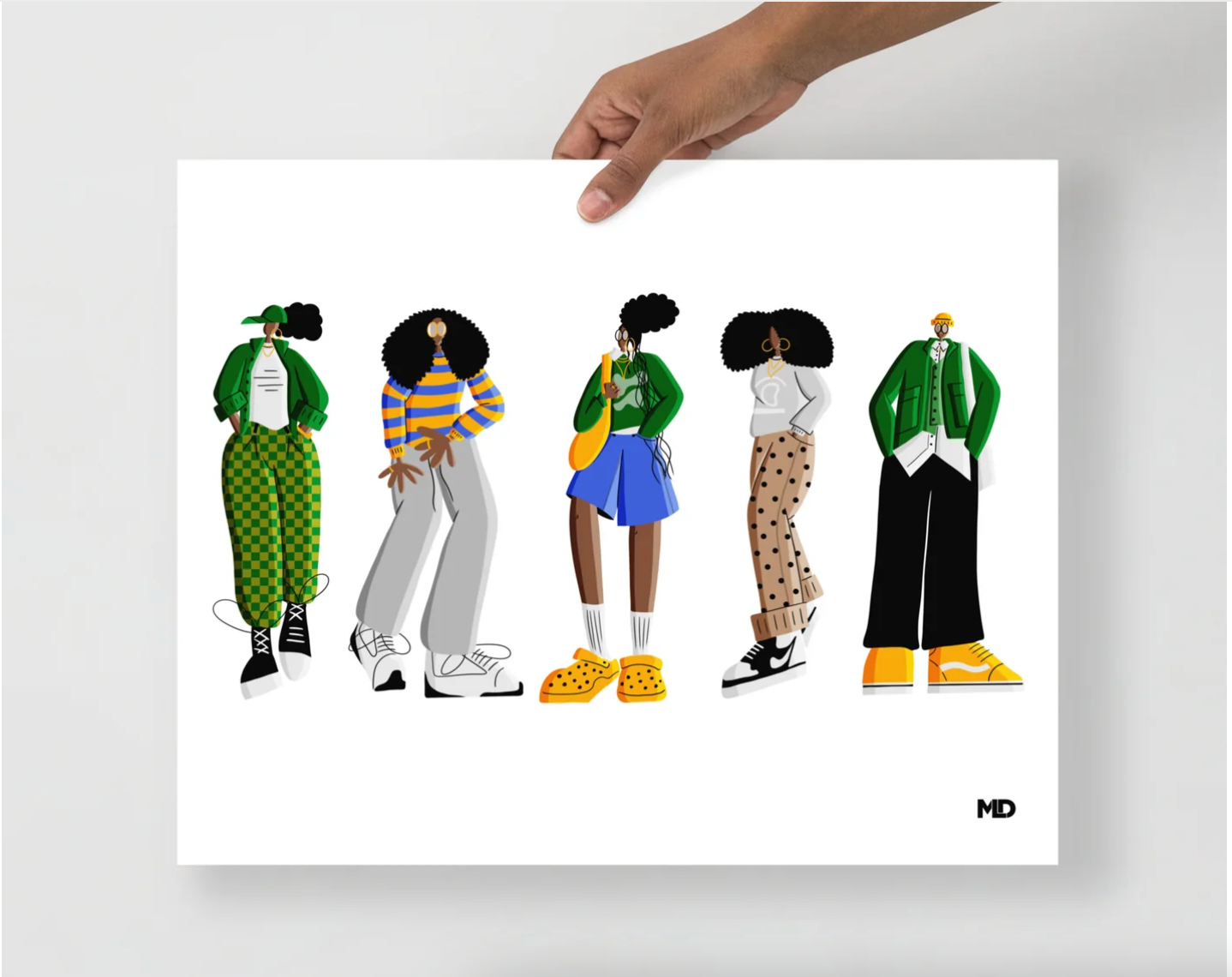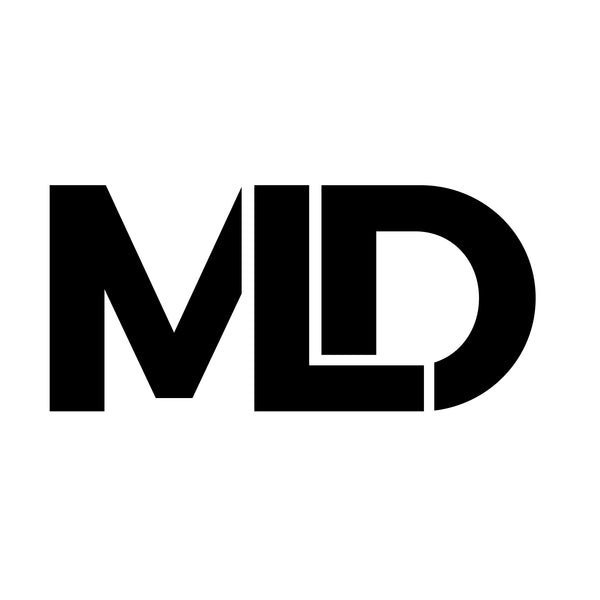
How Comparing Autistic People to Superheroes Does More Harm Than Good
Share
In a collaborative effort to amplify Autistic voices, I'm sharing @neurodivergent_lou 's word from her Instagram page on my public blog. I have asked permission to share her words because I believe her experiences as an Autistic person are important & need to be heard & recognized, especially my parents of Autistic Kids.
"In this post, when I refer to the superhero narrative, I mean anything that compares autistic people to a superhero, suggests that autistic people have super powers or that autism itself is a super power. See the examples on the second slide.
"I am just sharing my opinion as an autistic person as to why the superhero narrative is harmful however, I definitely do not police autistic people's use of language for themselves if they would like to describe their autism as a superhero etc.
HOW COMPARING AUTISTIC PEOPLE TO SUPERHEROES DOES MORE HARM THAN GOOD
"I don't like anything that compares Autistic people to anything other than the Autistic people we are. To me, suggesting Autistic people are superheroes or somehow have special powers appears as a way for neurotypical people or society to 'other' us and distance themselves from Autistic people.
"People often see disability as something inherently tragic and I worry that the superhero narrative is a way for non disabled people to consciously or unconsciously comfort themselves form that horrifying tragedy of what the believe disability to be. Except we don't need either; I don't want to be compared to a superhero with superpowers in order to comfort neurotypicals that hold the uneducated view of disability as a tragedy.
"Describing Autistic people as superheroes or with super powers takes away the need for society to confront the ableism or many barriers that exist for Autistic people. It is much easier to ignore the underlying systematic failures and injustices which on a wide scale, fail disabled people than to actually listen and change them. The superhero and super power narrative suggests that being Autistic in a neurotypical world is easy and that as we are superheroes, we don't nee adjustments and change.
"Except being Autistic is not easy and that is, at least partly, due to the inability of society to adjust to Autistic people in the same way that Autistic people are just expected to adapt to a neurotypical world on a daily basis. The superhero narrative feels like a welcome distraction for some, who want to ignore the real systematic issues that exist for Autistic people.
Autistic people do not need to prove their existence.
We just want to live our lives.
"The superhero narrative gives the impression that unless Autistic people are superheroes or have a special power, they are not worthy of existence. Unless Autistic existence benefits neurotypicals, Autistic people are not seen as worthy. I am also concerned about the message that the super hero narrative gives to Autistic people without the savant like ability or 'special powers' described. The media representation of Autistic people too, often focuses on these savant like abilities and the idea that being Autistic comes with special powers and I don't think any of these give a realistic representation of Autistic people across a while spectrum and including those with marginalized identities.
"I am concerned that the superhero narrative tends to put pressure on disabled people to behave certain ways to feel valuable to society, be inspirational or exist with some kind of 'special power'. Autistic people do not need to prove their existence. We just want to live our lives. As an Autistic adult, the superheroes narrative feels patronizing too. I am not a child.
"Being Autistic comes with positives and difficulties associated with it. The superhero narrative suggests that the Autistic experience is all positive which it is not, in the same way that neurotypical experience is not all positive. That does not deny the fact that being Autistic comes with many strengths. Instead, I wish that people would accept that being Autistic comes with positives and negatives as well as strengths and difficulties. More than one perspective can exist at once. I wish that people would celebrate Autistic people through acknowledging our strengths, uplifting our voices and fighting for change, rather than simply sharing an Autism superhero image."
As a reminder, these are @neurodivergent_lou 's words shared from her Instagram page. I'm sharing a collection of her words so that parents of disabled kids can read & learn from an Autistic Adult & hopefully better understand.
I'm also sharing Lou's CashApp & Ko-fi account. She posts this information for anyone willing to donate should they learn something from her sharing this information.
Ko-fi: Neurodivergent_lou
CashApp: $neurodivergentlou


